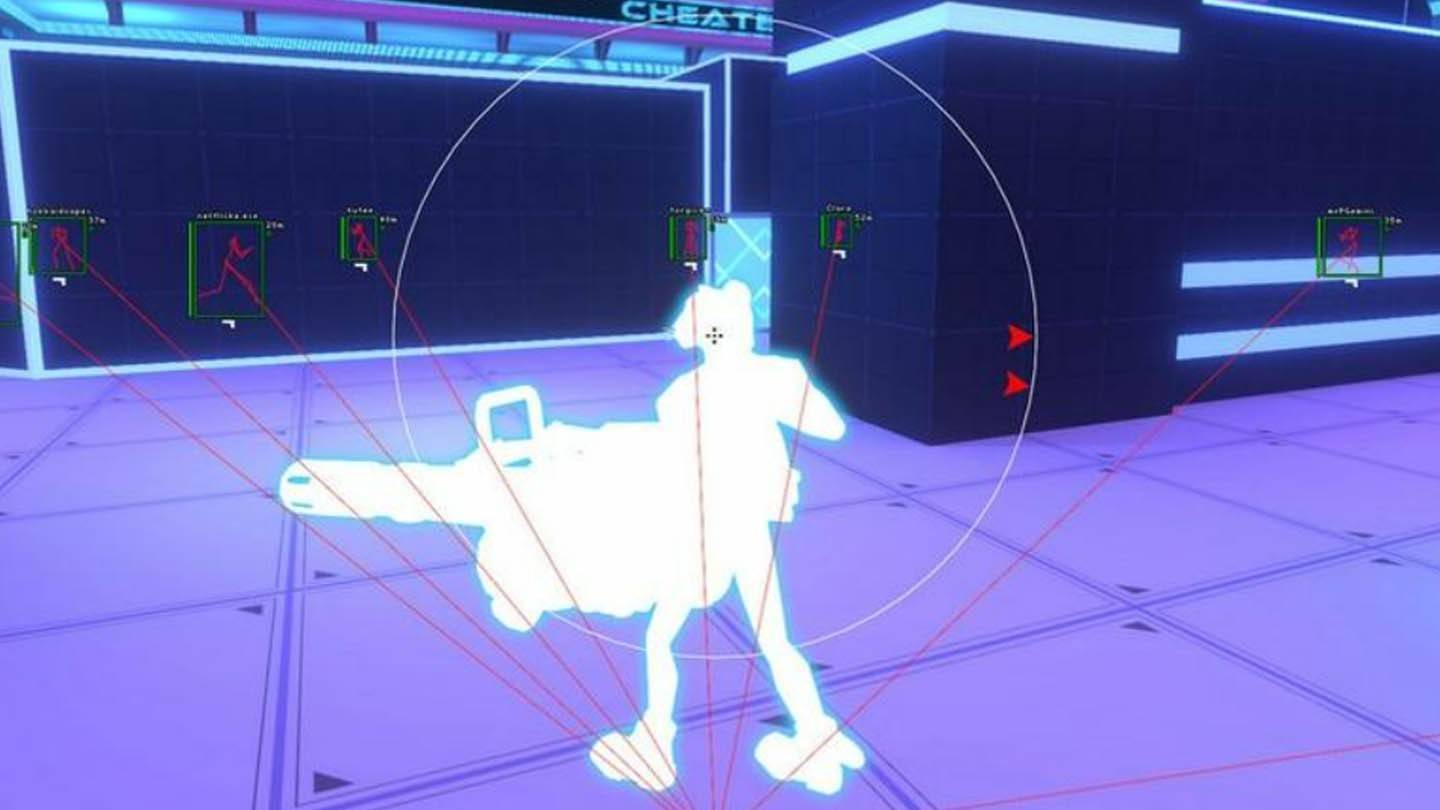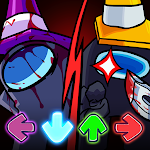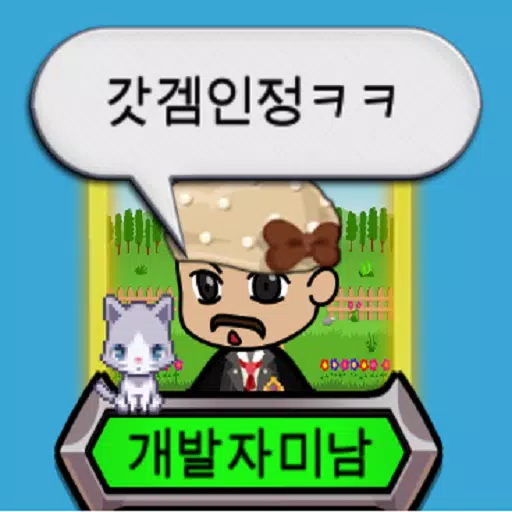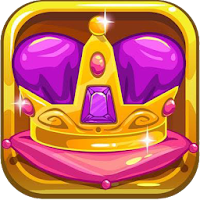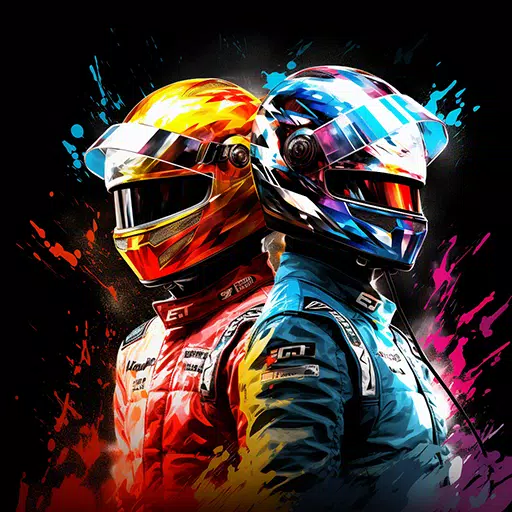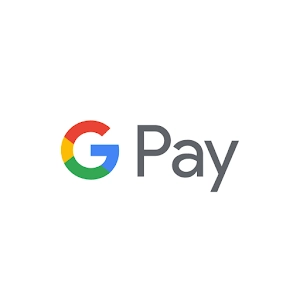2025 marks a significant milestone for DC, with James Gunn’s Superman film set to inaugurate the new DCU in theaters. Alongside this, DC Studios is bustling with numerous film and television projects, and the Absolute Universe in the comics is creating substantial buzz within DC's publishing realm. Amidst all this excitement for the new DC universe media, one critical question looms large: What’s happening with Wonder Woman? Created by William Moulton Marston and H. G. Peter, she's one of the most recognizable superheroes and a pivotal figure in the DC universe, yet her presence in recent DC franchise media has been surprisingly scarce.
Outside of the comics, Diana of Themyscira has faced challenges in recent years. Her live-action film franchise stumbled after the mixed reception of Wonder Woman 1984. Currently, she's absent from the DCU's project lineup, which instead includes a show about the Amazons. Diana has never had her own animated series, and her anticipated first solo video game, announced back in 2021, was cancelled. Considering the struggles she's encountered, it's crucial to examine how Warner Bros. and DC are managing one of the world's most iconic female superheroes. Let's delve into how they might be mishandling Wonder Woman's potential.
One Hit Wonder
During the fierce competition between the Marvel Cinematic Universe and the DCEU in the late 2010s, the first Wonder Woman film emerged as a standout success for the latter. Released in 2017, it garnered largely positive reviews and grossed over $800 million worldwide. Following the divisive reactions to Batman v Superman and Suicide Squad, Patty Jenkins' portrayal of Diana struck a chord with audiences in a way that recent DC films had not. While not flawless, with third act problems and Gal Gadot's performance leaning more towards action than character depth, the film's strong performance suggested it could have been the foundation for a thriving franchise.
However, the sequel, Wonder Woman 1984, released in 2020, did not live up to its predecessor's success. It received mixed reviews and failed to recoup its budget at the box office, partly due to its simultaneous release on HBO Max during the COVID-19 pandemic. Beyond external factors, the sequel's narrative inconsistencies, tonal shifts, and controversial elements—such as Diana having sex with Steve Trevor while he was in another man’s body—did not resonate well with audiences. This sequel was a disappointing follow-up to the original's achievements.
Despite the sequel's shortcomings, Wonder Woman deserved more than being sidelined. Plans for a third installment were phased out, leaving no new Wonder Woman film in development. This is particularly disappointing when considering the numerous reboots and relaunches other characters like Batman and Spider-Man receive. Other media could have filled the gap, but there's been a noticeable absence of Wonder Woman content across the board.
Diana Prince, Missing in Action
As the new DCU embarks on a fresh slate of adaptations, one would expect Wonder Woman to be a focal point. However, the DCU's Chapter One: Gods and Monsters lineup lacks a dedicated Wonder Woman project. Instead, DC Studios, led by James Gunn and Peter Safran, is focusing on lesser-known properties like Creature Commandos, Swamp Thing, Booster Gold, and The Authority. While there's merit in exploring obscure IPs (as seen with Gunn's success with Guardians of the Galaxy), these projects are accompanied by new iterations of Superman, Batman, and Green Lantern, yet Wonder Woman remains absent.
DC Universe: Every Upcoming Movie and TV Show
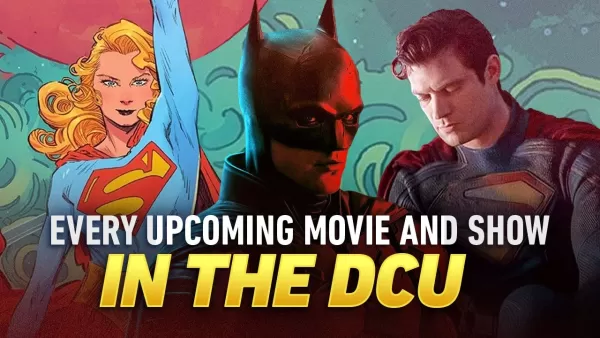
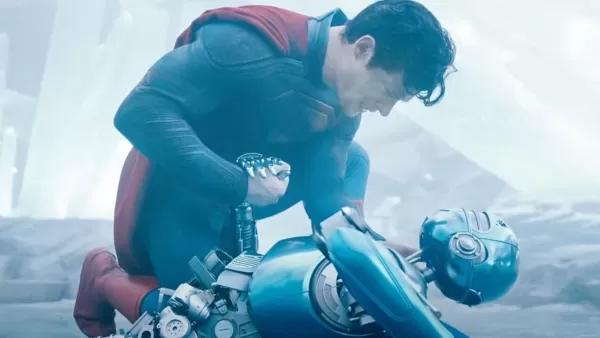 View 39 Images
View 39 Images
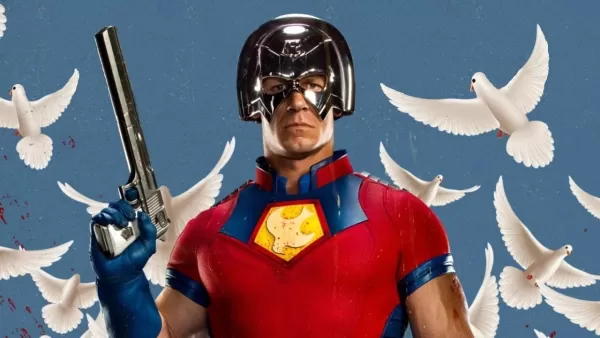
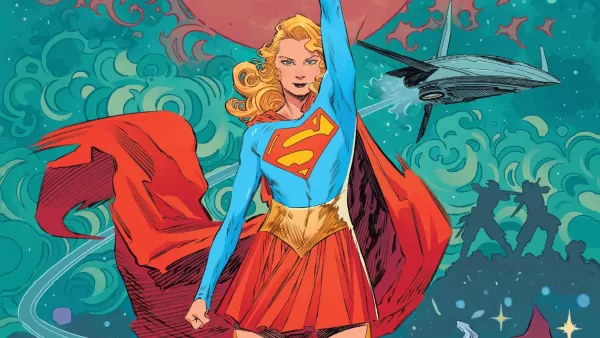
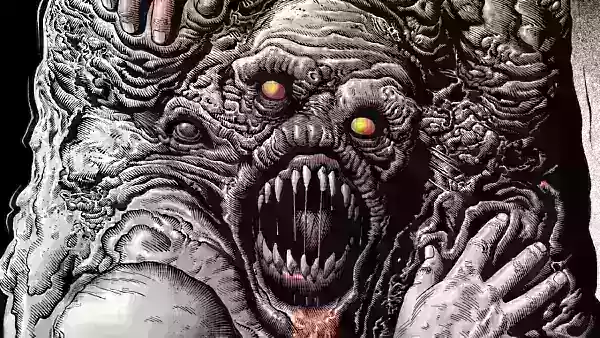
Instead of a Wonder Woman project, the DCU has announced Paradise Lost, a TV series centered on the Amazons of Themyscira before Wonder Woman's birth. While exploring the Amazons' history and enriching Wonder Woman's mythos is commendable, creating a show within the Wonder Woman franchise without Wonder Woman herself evokes comparisons to the Sony Marvel Universe. This raises questions about why DC Studios doesn't prioritize Diana as the main attraction over the world-building associated with her. The urgency to launch another Batman project potentially running alongside another live-action Batman franchise contrasts starkly with the lack of a Wonder Woman presence in the DC universe.
This attitude towards the third member of DC's Trinity is not new. The DC Animated Universe featured Wonder Woman prominently in Justice League and Justice League Unlimited, yet she never received her own solo animated series, unlike Batman and Superman. Despite her regular appearances in DC Universe animated films, she's only starred in two: Wonder Woman in 2009 and Wonder Woman: Bloodlines in 2019. Given the soaring popularity of superhero media in recent decades, it's perplexing why a dedicated Wonder Woman project remains elusive.
AnswerSee ResultsLet Me Play as Wonder Woman, Dammit
The recent cancellation of the Wonder Woman game developed by Monolith Productions adds to the frustration. Whether the poor performance of other DC games like Suicide Squad: Kill the Justice League and MultiVersus contributed to this decision is unclear, but the loss of what would have been Diana's first solo game feels like a missed opportunity. At a time when character action games are experiencing a resurgence, an action-adventure game featuring Diana, akin to God of War or Ninja Gaiden, seems like a natural fit.
While Diana has appeared in games like Injustice, Mortal Kombat vs. DC Universe, and various LEGO DC titles, these do not replace the need for a AAA action game starring her. It's baffling that DC did not capitalize on the success of Rocksteady’s Batman Arkham series with games featuring Wonder Woman, Superman, and the Justice League. The fact that Diana's first appearance in the Arkham timeline in Suicide Squad: Kill the Justice League resulted in her being killed off as a non-playable character only adds insult to injury, especially since the male members of the Justice League survived as evil clones.
The combination of a faltering film franchise, the absence of dedicated animated series, and inadequate video game representation paints a picture of Warner Bros. and DC's neglect towards one of their most iconic characters. If they show such little regard for Wonder Woman, one of their top three heroes, it raises doubts about their respect for the rest of their vast character roster. Hopefully, Gunn's Superman reboot will pave the way for a revitalized DC universe, but as Warner Bros. advances with its relaunched franchise, they must not overlook the immense value that Diana Prince can bring to their portfolio. After nearly a century, both she and her fans deserve better.



